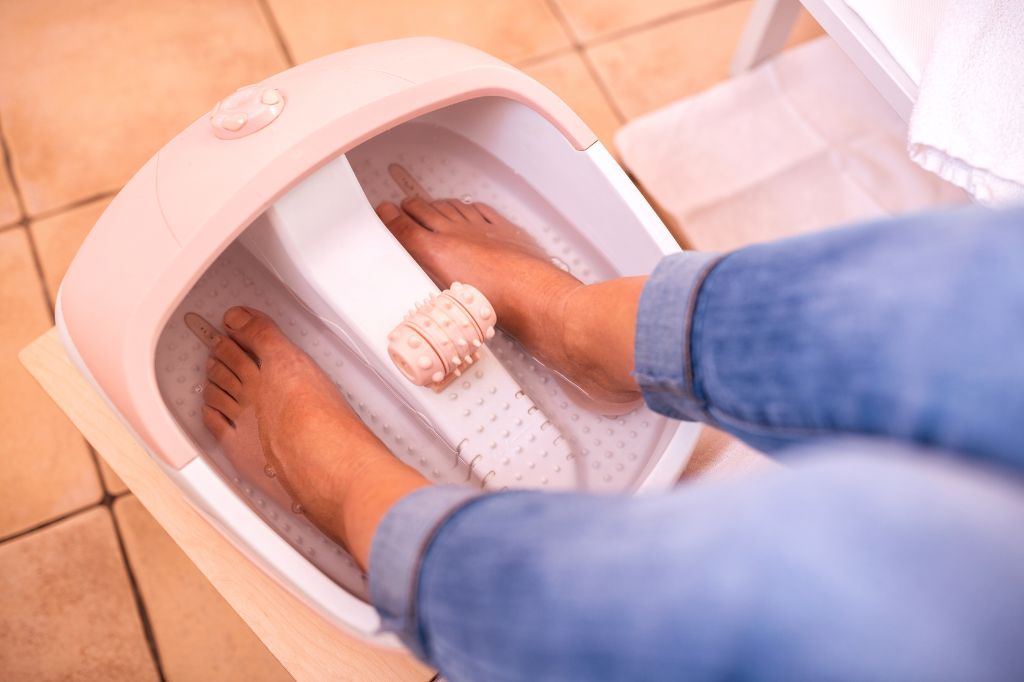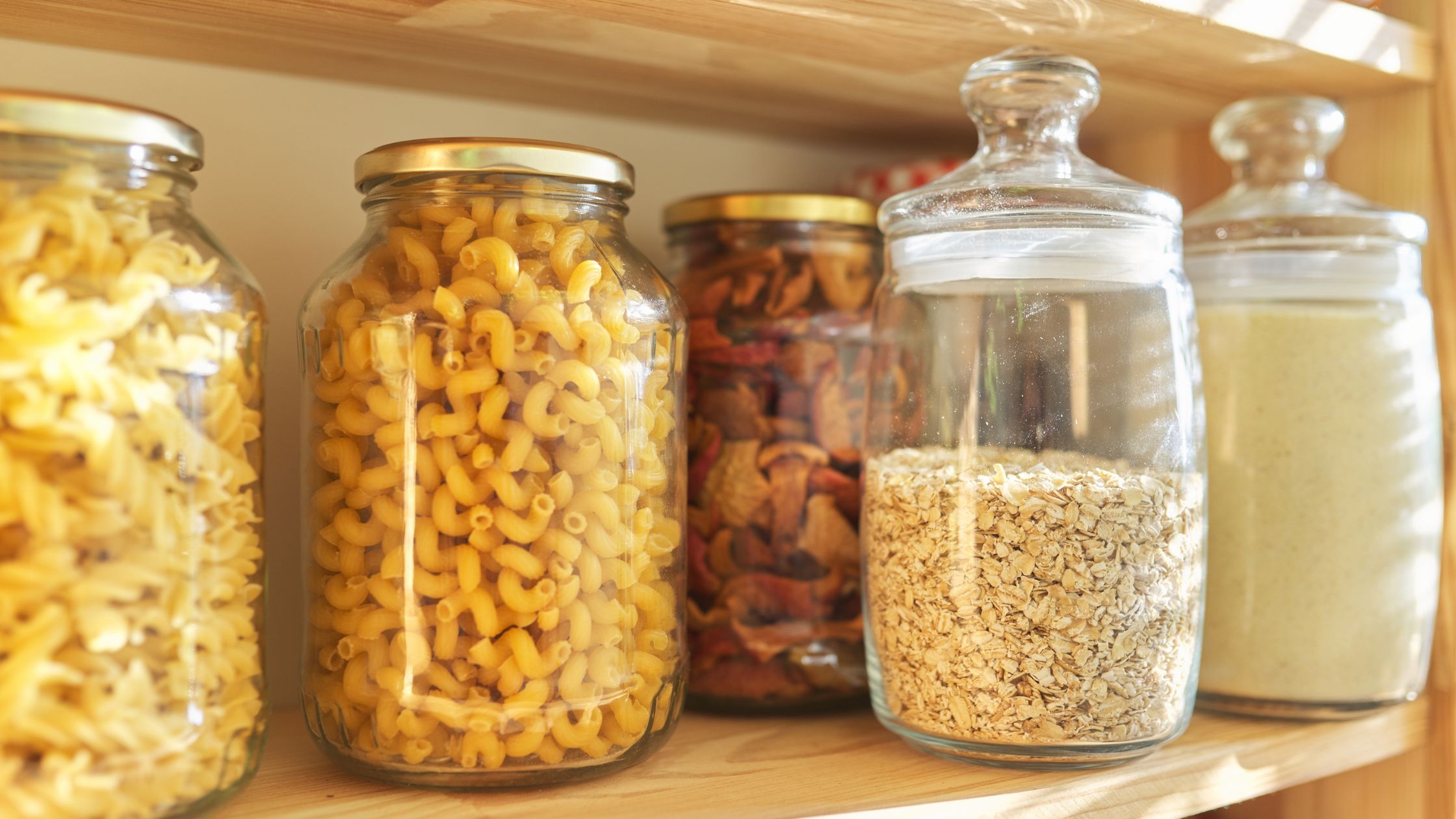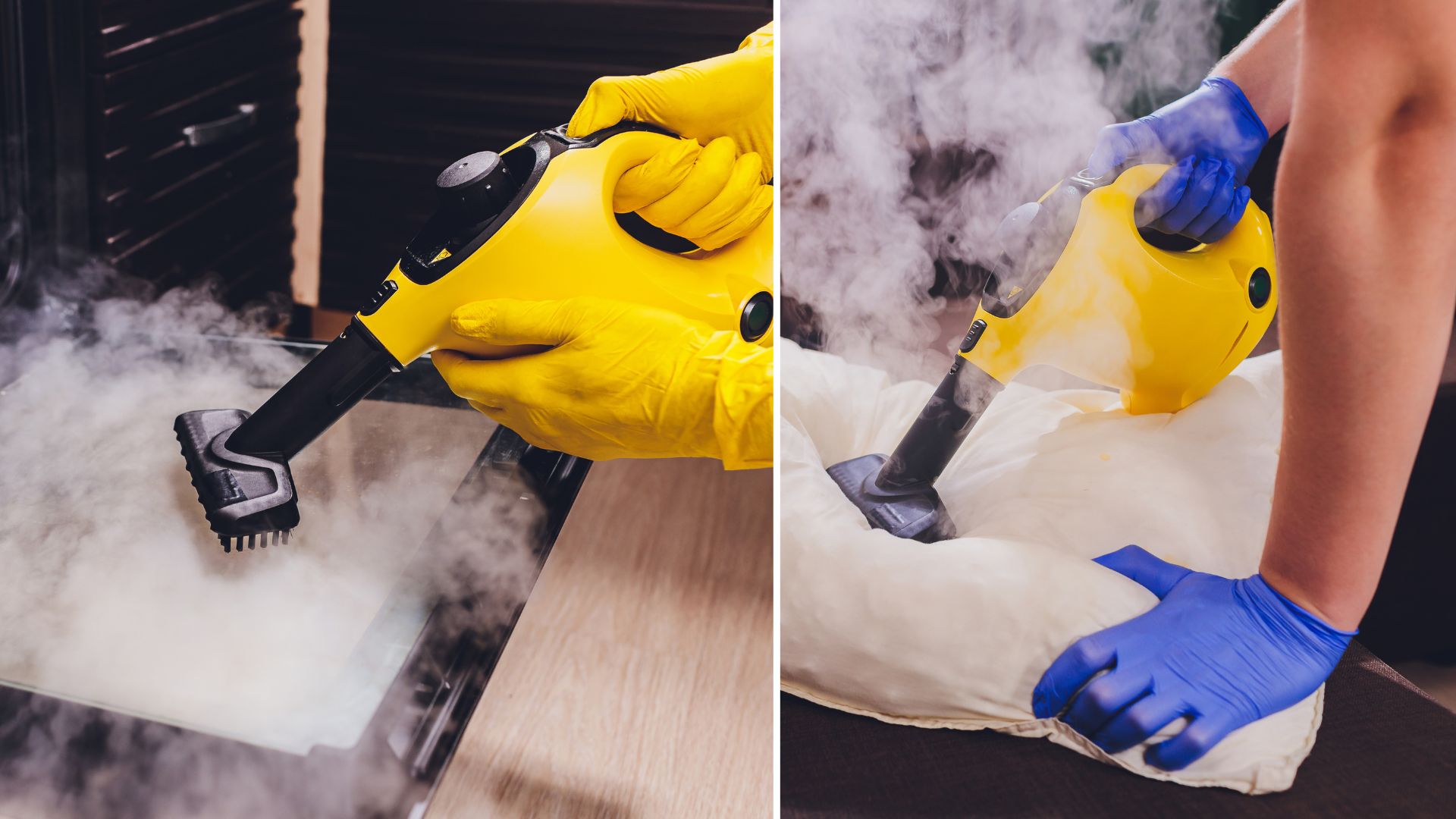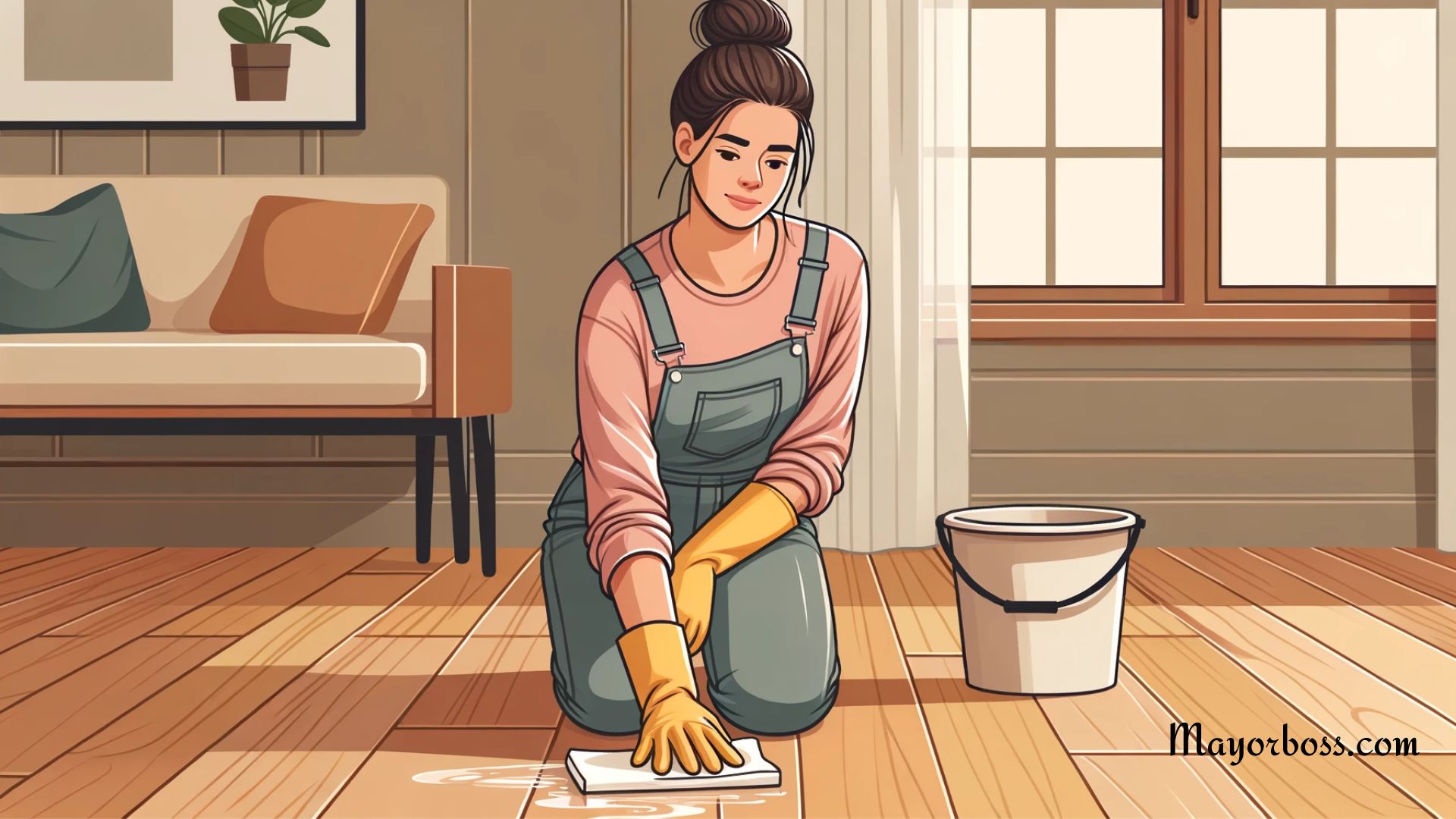5 Benefits of a Minimalist Lifestyle
In the fast-paced, consumption-driven world that we live in, an increasing number of people are turning to minimalism. A minimalist lifestyle, as the term suggests, is about living with less and finding joy and contentment in simplicity. But what exactly are the benefits of adopting this lifestyle? In this article, I will share with you five key benefits of living a minimalist lifestyle.
1. Reduced Stress and Anxiety
Imagine walking into your home and seeing a cluttered living room, a pile of unsorted mail, a kitchen sink full of dirty dishes, and closets crammed with clothes you haven’t worn in months. Now picture a serene, organized home with minimal furniture, only essential items, and a clean, open space. Which scenario makes you feel more relaxed and peaceful?
The physical environment we live in has a significant impact on our mental health. Living in a cluttered space can lead to feelings of anxiety and stress, whereas a clean, minimalistic space can bring a sense of calm and peace.
When you adopt a minimalist lifestyle, you commit to reducing clutter and maintaining an organized living space. This decluttering and organization process alone can relieve stress, as you’re removing physical reminders of tasks and responsibilities. It also eliminates the chaos of excess, replacing it with a serene environment that can help reduce anxiety.
2. More Time and Energy
When you own fewer things, you spend less time cleaning, organizing, and maintaining them. The time you would have spent vacuuming your huge rug or organizing your bookshelf filled with books you’ll never read again can be spent on more important tasks or activities that you enjoy.
In addition to physical possessions, minimalism also applies to commitments and responsibilities. As a minimalist, you learn to prioritize tasks and eliminate unnecessary activities from your schedule. The result? More time to do what truly matters to you. This could mean more time for self-care, a hobby, or spending quality time with loved ones.
By clearing your schedule of unnecessary commitments and your living space of excess possessions, you conserve energy that you can direct toward more fulfilling and rewarding activities. This increased availability of time and energy can significantly enhance your productivity and overall quality of life.
3. Financial Freedom
Financial freedom is the major benefit of living a minimalist lifestyle. Possessions come with a price tag, and the culture of excessive consumerism can put you in a financial rut. When you transition to a minimalist lifestyle, you buy less and buy only what you need. This means that you’re likely to save more money.
Moreover, minimalists typically invest in quality over quantity. Instead of buying cheap items that break easily and need to be replaced, a minimalist would prefer to invest in a high-quality item that lasts longer. Although these items may have a higher upfront cost, they’re often more cost-effective in the long run.
The financial freedom that comes from minimalism isn’t just about having more money in the bank (although that is a nice perk). It’s about freeing yourself from the stress and worry that often accompanies financial troubles. It’s about taking control of your finances instead of letting your finances control you.
4. Increased Appreciation for What You Have
In a world where advertisements continually push us to buy the latest gadget, the newest fashion trend, or the hottest toy, it’s easy to overlook the value of what we already have. When you embrace a minimalist lifestyle, you resist this consumerist push and start appreciating the things you own.
Because you have fewer possessions, you value each one more. You realize the utility and significance of each item you have chosen to keep in your life. This can lead to a profound sense of gratitude and contentment as you realize you already have enough.
5. Environmental Sustainability
Adopting a minimalist lifestyle can significantly reduce your carbon footprint and help preserve the environment. Every item we purchase has an environmental cost. From the natural resources used in its production to the carbon emissions from its transportation and the waste created when it’s disposed of, consumerism takes a toll on the environment.
By buying less and choosing quality over quantity, minimalists reduce the demand for new products. This, in turn, reduces the strain on the planet’s resources and helps promote sustainability.
Welcome the Simplicity of Minimalism
The benefits of a minimalist lifestyle are transformative and reach far beyond the surface. It’s not just about having a tidy home or a sleek, minimalist aesthetic (though those are certainly nice perks). It’s about freeing up time, energy, and financial resources so you can focus on what truly matters in life. It’s about living intentionally and mindfully, cultivating gratitude, reducing stress, and making choices that benefit not just ourselves but also the planet.
While the transition to minimalism may seem daunting at first, remember that it’s a gradual process. Start small and make consistent efforts. Over time, you’ll likely find that living with less doesn’t mean sacrificing; instead, it means gaining so much more.
Further Reading: 6 Simple Tips for Living a Minimalist Lifestyle






